Home>Garden Essentials>What To Substitute For Celery Seed
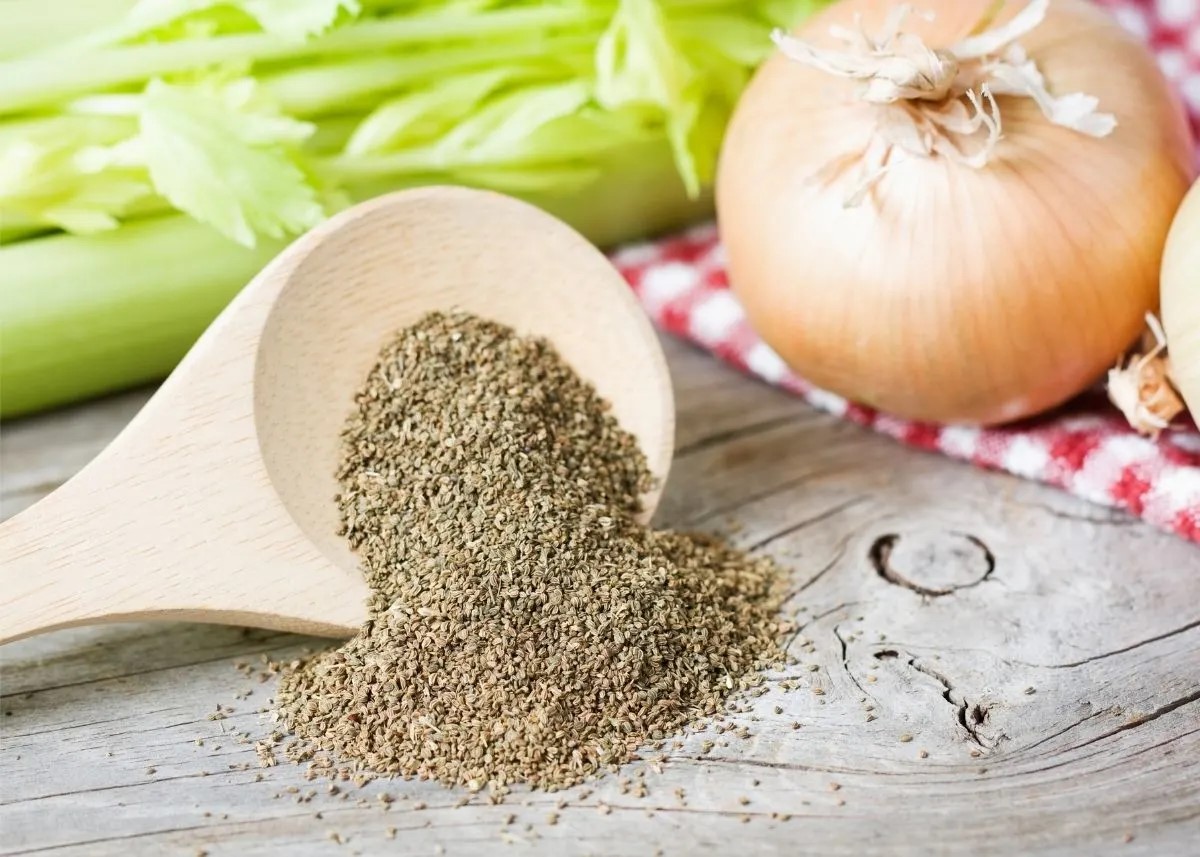

Garden Essentials
What To Substitute For Celery Seed
Modified: September 1, 2024
Looking for alternatives to celery seed for your garden? Discover the best substitutes to use in your recipes and spice blends.
(Many of the links in this article redirect to a specific reviewed product. Your purchase of these products through affiliate links helps to generate commission for Storables.com, at no extra cost. Learn more)
Introduction
Celery seed is a versatile and aromatic spice that adds a distinct flavor to various dishes. However, there are times when you may find yourself running out of celery seed or simply prefer an alternative. Whether you’re looking for a substitute due to availability, dietary restrictions, or personal preference, there are several options to choose from.
In this article, we will explore the reasons why you might need to substitute celery seed, factors to consider when choosing a substitute, and provide you with a list of ten viable alternatives that can still provide a flavorful punch to your recipes.
So, if you’re ready to explore some creative alternatives to celery seed, read on!
Key Takeaways:
- Experiment with substitutes like celery salt, fennel seeds, and lovage seeds to add unique flavors to your dishes when you’re out of celery seed. Adjust quantities to match your taste preferences and enjoy the culinary adventure!
- Consider using celery leaves and coriander seeds as fresh and aromatic alternatives to celery seed. These substitutes offer milder flavors and delightful twists to your recipes, enhancing your culinary creations.
Why Substitute Celery Seed?
There are several reasons why you might find yourself in need of a substitute for celery seed. Let’s take a look at a few common scenarios:
1. Unavailability: Celery seed may not always be readily available in your local grocery store or pantry. It’s a relatively niche spice, and depending on where you live, you may have difficulty finding it. In such cases, having alternative options can save the day and allow you to continue preparing your favorite recipes.
2. Allergies or Dietary Restrictions: Some individuals may have allergies or dietary restrictions that prevent them from consuming celery or celery-based ingredients, including celery seed. If you fall into this category, finding suitable substitutes becomes crucial to still enjoy flavorful dishes without compromising your health or dietary needs.
3. Flavor Preferences: While celery seed imparts a unique and distinct flavor, not everyone enjoys it or desires the intense celery taste it brings. In such cases, experimenting with different substitutes can help you achieve a flavor profile that better suits your personal preferences.
4. Recipe Modifications: Sometimes, you may come across a recipe that calls for celery seed as an ingredient, but you simply don’t have it on hand. Rather than rushing to the store or abandoning the recipe altogether, having knowledge of suitable substitutes can help you adapt and successfully complete the dish.
Now that we understand the reasons behind the need for celery seed substitutes, let’s delve into the factors to consider when choosing the right alternative.
Factors to Consider When Substituting Celery Seed
When selecting a substitute for celery seed, it’s important to take into account a few key factors. These factors will help you find a suitable alternative that matches the flavor profile, texture, and overall characteristics of celery seed. Here are the factors to consider:
1. Flavor: Celery seed has a distinct flavor that is often described as slightly bitter, earthy, and reminiscent of celery. The substitute you choose should have a similar flavor profile or complement the other flavors in your recipe. Consider the taste of the alternative and how it will contribute to the overall dish.
2. Intensity: Celery seed can range in intensity, from subtle to strong. Take into account the amount of celery seed called for in your recipe and choose a substitute that offers a comparable level of intensity. This will ensure that the substitute does not overpower or underwhelm the flavors in your dish.
3. Texture: Celery seed is typically ground or crushed before use, and it adds a slightly crunchy texture to dishes. If texture is a significant factor in your recipe, look for a substitute that can provide a similar texture or consider adjusting the cooking method to accommodate the substitute’s texture.
4. Aroma: The aroma of celery seed is an important part of its appeal. Consider whether the substitute you choose has a similar or compatible aroma that will enhance the overall scent of your dish.
5. Versatility: Some substitutes for celery seed may have a distinct flavor or aroma that complements certain dishes or cuisines. Consider the versatility of the substitute and how well it can be used across a range of recipes.
6. Allergies and Dietary Restrictions: If you or anyone consuming the dish has allergies or dietary restrictions, make sure to choose a substitute that is safe and suitable. Check for any potential allergens or ingredients that should be avoided.
By taking these factors into account, you can select a substitute for celery seed that seamlessly fits into your recipe and delivers a satisfying culinary experience. Now, let’s explore the top ten substitutes for celery seed.
Substitutes for Celery Seed
When it comes to finding a suitable substitute for celery seed, there are several options that can effectively mimic and enhance the flavors in your recipes. Here are ten substitutes to consider:
- Celery Salt: As the name suggests, celery salt is a combination of salt and celery seed. It provides a similar flavor profile to celery seed but with a saltier taste. Use it in place of celery seed, but remember to adjust the salt content in your recipe accordingly.
- Celery Leaves: If you have fresh celery on hand, using celery leaves can be a great substitute. Chop the leaves finely and add them to your recipe. They offer a milder celery flavor compared to celery seed, but still contribute a nice herbaceous note.
- Celery Powder: Similar to celery salt, celery powder combines ground celery seed with salt. It adds the savory, celery-like taste without the intense crunch. Use it as a 1:1 substitute for celery seed in recipes.
- Fennel Seeds: Fennel seeds have a slightly sweet and licorice-like flavor that can be a suitable substitute for celery seed in certain recipes. Use them in moderation to avoid overpowering the dish.
- Dill Seeds: Dill seeds bring a fresh and aromatic flavor to dishes, making them a good substitute for celery seed. They provide a hint of tanginess and work well in soups, stews, and pickling recipes.
- Caraway Seeds: Caraway seeds have a warm and slightly peppery flavor that can mimic the earthy notes of celery seed. They are commonly used in rye bread and European cuisine, but can also be used as a substitute in various savory dishes.
- Mustard Seeds: Mustard seeds add a distinct, pungent flavor that can work as an alternative to celery seed. These small seeds can be used whole or ground, depending on your recipe. However, keep in mind that they can be spicy, so adjust the quantity to taste.
- Cumin Seeds: Cumin seeds have a nutty and slightly bitter taste that can add depth to dishes as a celery seed substitute. They are commonly used in various cuisines and work well in curries, chili, and roasted vegetables.
- Coriander Seeds: Coriander seeds have a citrusy and slightly sweet flavor that can complement dishes as a substitute for celery seed. Crush the seeds to release their aroma and add them to your recipe to enhance the overall profile.
- Lovage Seeds: Lovage seeds share a similar flavor profile to celery seed and can be used as a close substitute. However, they can be harder to find and may not be as readily available as other options.
Experimenting with these substitutes will allow you to find the best match for your recipe and personal taste preferences. Remember to adjust the quantities and flavors as needed to achieve the desired results.
Now that you’re familiar with a variety of substitutes for celery seed, feel free to explore and get creative in the kitchen!
Celery Salt
Celery salt is a popular substitute for celery seed. It is a blend of ground celery seed and salt, providing a convenient option for adding celery flavor to your dishes. The combination of celery seed and salt creates a well-rounded and savory profile that can enhance the taste of various recipes.
When using celery salt as a substitute for celery seed, it’s important to consider the sodium content. Since celery salt contains salt, you may need to adjust the salt content in your recipe to avoid over-seasoning. Reduce the amount of additional salt called for in the recipe to compensate for the salt in the celery salt.
Use celery salt in a 1:1 ratio as a replacement for celery seed in your recipes. It is particularly useful for seasoning soups, stews, sauces, and dressings. The fine texture of celery salt allows it to blend easily into the dish, distributing the celery flavor evenly throughout.
Keep in mind that celery salt may have a more pronounced celery flavor compared to celery seed. If you prefer a milder flavor, start with a slightly smaller amount of celery salt and adjust to your taste.
Additionally, celery salt can serve as a versatile seasoning for snacks like popcorn, chips, and roasted nuts. Its tangy and savory notes add a unique twist to these snacks. Feel free to experiment and explore different ways to incorporate celery salt into your culinary adventures.
Overall, celery salt is a convenient and readily available substitute for celery seed. Its combination of ground celery seed and salt offers a similar flavor profile, making it a suitable option for enhancing the taste of your dishes.
Read more: What Can I Substitute For Fennel Seeds
Celery Leaves
If you’re looking for a fresher and more natural alternative to celery seed, celery leaves can be an excellent choice. This substitute utilizes the leaves from fresh celery stalks, offering a milder and herbaceous flavor to your dishes.
To use celery leaves as a substitute for celery seed, simply chop them finely and incorporate them into your recipe. The leaves provide a subtle and refreshing celery taste, adding a burst of freshness to soups, salads, stir-fries, and marinades.
Celery leaves have a slightly milder flavor compared to celery seed, making them suitable for those who prefer a more subtle celery presence. However, keep in mind that the flavor of celery leaves can vary depending on the freshness and quality of the stalks used. It’s best to taste and adjust the quantity of celery leaves according to your preference.
As an added bonus, celery leaves offer a pleasant texture, adding a delicate crunch to your dishes. They can be used as a garnish or stirred into the recipe during cooking to impart their aroma and flavor.
Aside from their role as a substitute for celery seed, celery leaves are also packed with nutrients. They are a great source of vitamins A, K, and C, as well as antioxidants and dietary fiber. Including celery leaves in your dishes not only adds flavor but also boosts the nutritional value of your meals.
Next time you find yourself without celery seed, don’t hesitate to reach for celery leaves as a fresh and flavorful alternative. They can provide a vibrant celery taste and a delightful textural element, elevating your culinary creations.
Celery Powder
If you’re searching for a substitute for celery seed that closely mimics both the flavor and texture, look no further than celery powder. This alternative combines finely ground celery seed with salt, creating a versatile seasoning option that can easily replace celery seed in your recipes.
Celery powder provides a concentrated celery flavor, allowing you to add that distinct taste to your dishes without the need for whole celery seeds. It can be used in a 1:1 ratio as a substitute for celery seed, ensuring a seamless transition in your recipe.
One advantage of using celery powder is that it usually contains salt, which means you need to reduce or omit any additional salt called for in your recipe. Be sure to taste your dish as you cook and make adjustments as necessary to maintain the desired level of seasoning.
Celery powder is particularly beneficial for recipes that require a smooth consistency, as it easily blends into sauces, dressings, and marinades. The fine texture of the powder ensures an even distribution of flavor throughout the dish.
Additionally, celery powder is a convenient option when fresh produce is not readily available or you’re seeking a longer shelf life. It retains the concentrated celery flavor, making it a reliable substitute even during off-seasons or when fresh celery is scarce.
Keep in mind that celery powder may have a slightly stronger flavor compared to celery seed. If you prefer a milder taste, start with a slightly smaller amount and adjust as needed to meet your personal preferences.
Overall, celery powder is a versatile substitute for celery seed, providing a concentrated celery flavor along with the convenience of easy integration into a wide range of recipes. It offers a seamless solution for adding that characteristic celery taste to your culinary creations.
Fennel Seeds
If you’re looking for a substitute for celery seed that offers a slightly sweet and licorice-like flavor, fennel seeds make an excellent choice. These tiny seeds can be used to provide a unique twist to your recipes in place of celery seed.
Fennel seeds have a distinct taste that closely resembles anise or black licorice. While their flavor is different from celery seed, they can add a pleasant earthiness and a touch of sweetness to your dishes. This makes them a versatile substitute, particularly in recipes where a subtle hint of celery is desired.
When using fennel seeds as a substitute, it’s important to note that their flavor can be stronger than celery seed. Therefore, it’s recommended to use them in moderation and adjust the quantity according to your taste preferences and the specific recipe you’re working with.
Fennel seeds can be used in a variety of dishes, including soups, stews, roasted meats, and even baked goods. They are commonly used in Mediterranean and Indian cuisines, where they impart a unique flavor profile to the dishes.
To utilize fennel seeds as a substitute for celery seed, lightly toast them in a dry skillet to enhance their aroma and flavor. Once toasted, you can grind them to a powder-like consistency using a spice grinder or mortar and pestle. This ground fennel seed can then be added to your recipe, providing a subtle yet distinctive flavor reminiscent of celery seed.
Due to their sweet and aromatic nature, fennel seeds work exceptionally well in dishes such as sausage, fish, and vegetable-based recipes. They can also be used in marinades, salad dressings, and spice blends to infuse their unique taste into your culinary creations.
Overall, incorporating fennel seeds as a substitute for celery seed adds a delightful twist to your dishes, offering a slightly sweet and earthy flavor reminiscent of licorice. Give fennel seeds a try and explore the exciting culinary possibilities they bring to the table.
You can substitute celery seed with an equal amount of celery salt, dill seed, or fennel seed for a similar flavor in your recipe.
Dill Seeds
If you’re searching for a substitute for celery seed that brings a fresh and aromatic flavor to your dishes, look no further than dill seeds. These small, light brown seeds are derived from the dill plant and can provide a flavorful alternative to celery seed.
Dill seeds have a unique taste that is slightly sweet with hints of citrus and licorice. While they don’t taste exactly like celery seed, they can add a similar herbaceous note to your recipes. This makes them an excellent choice when you want to infuse dishes with a fresh and vibrant flavor.
When using dill seeds as a substitute, keep in mind that they have a more delicate flavor compared to celery seed. It’s a good idea to use them in slightly larger quantities to achieve a similar impact. However, still exercise caution to prevent overpowering the dish.
Dill seeds work particularly well in recipes that benefit from a subtle tanginess and a touch of herbal essence. They are commonly used in pickling, where their aroma and flavor help to enhance and preserve the vegetables being pickled. Dill seeds can also add depth to soups, stews, fish dishes, and creamy sauces.
To use dill seeds as a substitute for celery seed, lightly crush them before incorporating them into your recipe. This will release their oils and intensify their flavor. Sprinkle the crushed seeds into your dishes during cooking to infuse them with their distinctive taste.
Aside from their culinary uses, dill seeds are also known for their potential health benefits. They contain essential oils and antioxidants that may aid digestion, reduce inflammation, and support overall well-being.
When substituting dill seeds for celery seed, the resulting flavor profile will differ slightly, but it can still offer a delightful twist to your dishes. Experiment with using dill seeds in various recipes to discover the unique and refreshing taste they bring to your culinary creations.
Read more: What Do You Use Celery Seed For
Caraway Seeds
If you’re looking for an alternative to celery seed that offers a warm and slightly peppery flavor, caraway seeds are an excellent choice. These small, crescent-shaped seeds bring a distinct taste to dishes and can effectively replace celery seed in various recipes.
Caraway seeds have a unique flavor profile that combines earthiness, sweetness, and a hint of citrus. While their taste differs from that of celery seed, they can provide a comparable depth of flavor and aromatic essence to your recipes.
When using caraway seeds as a substitute, keep in mind that they have a more pronounced and robust flavor compared to celery seed. It’s important to use them in moderation to avoid overpowering the dish. Start with a smaller quantity and adjust to taste, to ensure the delicate balance of flavors is maintained.
Caraway seeds are commonly used in European cuisines, particularly in dishes such as rye bread, sauerkraut, and various meat preparations. They can add a warm and nutty undertone to soups, stews, and roasted vegetables.
To utilize caraway seeds as a substitute for celery seed, lightly toast them in a dry skillet to enhance their flavor and aroma. Once toasted, you can crush or grind them to release their oils and incorporate them into your recipe. This will infuse your dishes with the distinct caraway flavor and provide a delightful twist.
Caraway seeds offer versatility beyond their flavor profile. They are packed with antioxidants and can offer potential health benefits such as aiding digestion and reducing bloating. Incorporating caraway seeds into your dishes not only adds flavor but also brings potential wellness enhancements.
Overall, caraway seeds serve as a flavorful and unique substitute for celery seed. Their warm and slightly peppery taste can elevate a variety of recipes, providing a satisfying and aromatic experience. Experiment with using caraway seeds in different dishes to discover their culinary potential.
Mustard Seeds
If you’re looking for a substitute for celery seed that adds a distinctive and pungent flavor to your dishes, mustard seeds are a fantastic option. These small and powerful seeds can bring a unique twist to recipes as an alternative to celery seed.
Mustard seeds have a strong and tangy taste that differs from celery seed, but they can still provide a flavorful addition to your dishes. They offer a slightly spicy and peppery flavor that can enhance savory recipes.
When using mustard seeds as a substitute, it’s important to consider that they can be quite potent. Start by using them in moderation and adjust gradually to find the desired level of flavor intensity for your dish.
Mustard seeds can be used in whole or ground form, depending on the recipe and your preference. Whole mustard seeds have a crunchy texture and release their flavor gradually, while ground mustard seeds provide a more consistent and intense taste.
Incorporate mustard seeds into dishes such as stews, soups, curries, pickles, and marinades to add depth and complexity to the flavor profile. They can also be toasted in a dry skillet to release their oils and maximize their aromatic potential before using them in recipes.
When substituting mustard seeds for celery seed, it’s important to note that mustard seeds can have a spicy kick. Adjust the quantity accordingly, especially if you prefer a milder taste. However, if you appreciate a bit of heat, mustard seeds can provide an exciting twist to your dish.
Aside from their flavor contribution, mustard seeds are known for their potential health benefits. They contain antioxidants, minerals, and certain bioactive compounds that may aid digestion, boost metabolism, and offer anti-inflammatory properties.
Overall, mustard seeds are a vibrant and bold alternative to celery seed. Their pungent and distinctive flavor can elevate a range of dishes, bringing a unique and exciting element to your culinary creations.
Cumin Seeds
When you’re in need of a substitute for celery seed that brings a warm and earthy flavor to your dishes, cumin seeds are an excellent choice. These small, oblong-shaped seeds add a distinct taste and aroma to recipes, making them a versatile alternative to celery seed.
Cumin seeds have a unique flavor profile that combines smokiness, nuttiness, and a hint of citrus. While their taste differs from celery seed, they can bring a similar depth of flavor and a touch of warmth to a variety of dishes.
When using cumin seeds as a substitute, it’s important to keep in mind that they have a stronger flavor compared to celery seed. Start by using them in smaller quantities and adjust to taste. This will ensure that the flavors in your dish are balanced and not overwhelmed by the cumin seeds.
Cumin seeds are widely used in various cuisines, including Latin American, Middle Eastern, and Indian. They can add a robust and savory element to dishes such as soups, stews, curries, rice, roasted vegetables, and even homemade spice blends.
You can enhance the flavor of cumin seeds by lightly toasting them in a dry skillet before using them in your recipe. This will unlock their aromatic oils and intensify their taste. Crushing or grinding the toasted seeds can further release their flavor and incorporate it seamlessly into your dish.
Aside from their flavor-enhancing properties, cumin seeds are known for their potential health benefits. They contain antioxidants, iron, and other beneficial compounds that may aid digestion, improve immunity, and support overall well-being.
When substituting cumin seeds for celery seed, you’ll experience a different flavor profile, but one that can still complement a wide range of dishes. The warm and earthy notes of cumin seeds can create a flavorful and satisfying culinary experience.
Overall, cumin seeds serve as a versatile substitute for celery seed, offering their distinct taste and aroma to elevate your recipes. Experiment with using cumin seeds in various dishes to discover their unique and delightful contribution to your culinary creations.
Coriander Seeds
If you’re seeking a substitute for celery seed that adds a citrusy and slightly sweet flavor to your dishes, coriander seeds are an excellent choice. These small, round seeds offer a unique twist to recipes while delivering a delightful alternative to celery seed.
Coriander seeds have a distinct taste that combines hints of citrus and a warm, nutty undertone. While their flavor differs from celery seed, they can provide a compatible and complementary element to a variety of dishes.
When using coriander seeds as a substitute, keep in mind that they have a milder flavor compared to celery seed. Adjust the quantity accordingly to ensure the desired level of flavor is achieved without overpowering the dish.
Coriander seeds are commonly used in cuisines around the world, including Indian, Middle Eastern, and Asian dishes. They add a unique depth of flavor to soups, stews, curries, roasted meats, and vegetable dishes. You can also incorporate them into spice blends, marinades, and pickling recipes.
To maximize the flavor of coriander seeds, lightly toast them in a dry skillet until fragrant. This step enhances their aroma and brings out their natural oils. Once toasted, you can crush or grind the seeds before adding them to your recipe, allowing the flavors to infuse effortlessly.
In addition to their culinary uses, coriander seeds have potential health benefits. They are a good source of antioxidants and may support digestion, lower cholesterol, and regulate blood sugar levels.
When substituting coriander seeds for celery seed, the resulting flavor might vary slightly, but it can still offer a delightful twist to your dishes. Embrace the citrusy and nutty notes of coriander seeds to create unique and flavorful culinary experiences.
Overall, coriander seeds serve as a versatile and aromatic substitute for celery seed, bringing their own distinctive flavor to the table. Explore the diverse ways in which you can incorporate coriander seeds into your cooking and enjoy the vibrant taste they lend to your recipes.
Read more: What Is Celery Seed Extract Good For
Lovage Seeds
When it comes to finding a substitute for celery seed that closely resembles its flavor, lovage seeds are an excellent choice. Lovage is an herb that belongs to the same family as celery, and its seeds offer a similar taste and aroma.
Lovage seeds have a unique flavor profile that combines the earthiness of celery with herbal and subtle citrus notes. While they might not be as widely known as other substitutes, lovage seeds can be a fantastic option for recreating the distinct taste of celery seed.
When using lovage seeds as a substitute, keep in mind that their flavor can be quite potent. Start by using them in smaller quantities and gradually increase if needed, depending on your taste preference and the recipe you’re working with.
Lovage seeds are typically used in spice mixes, soups, stews, and sauces to add a savory and aromatic punch. They can also be crushed or ground and used as a seasoning for roasted vegetables, meats, or even sprinkled on top of salads for an extra burst of flavor.
Aside from their culinary uses, lovage seeds have historically been used for their potential health benefits. They are believed to have diuretic, digestive, and soothing properties, making them a popular choice in traditional herbal medicine.
When substituting lovage seeds for celery seed, be aware that lovage seeds may have a more concentrated flavor. Adjust the quantity accordingly to ensure the desired flavor balance in your recipe.
It’s worth noting that lovage seeds can be slightly harder to find compared to other substitutes. However, if you have access to lovage seeds, they can provide an authentic celery-like flavor and contribute to a unique culinary experience.
Overall, lovage seeds serve as a lesser-known yet intriguing substitute for celery seed. Their earthy and herbal taste can add depth to your dishes and help recreate the distinct celery flavor when needed.
Explore the diverse applications of lovage seeds in the kitchen and enjoy their delightful contribution to your recipes.
Conclusion
When you find yourself in need of a substitute for celery seed, there are plenty of options to choose from that can still provide a flavorful punch to your recipes. Whether it’s due to unavailability, allergies, or personal preference, having alternatives on hand allows you to continue cooking without compromising the taste and integrity of your dishes.
We’ve explored ten substitutes for celery seed, each offering its own unique flavor profile and characteristics. From celery salt and celery powder to celery leaves and other seeds like fennel, dill, caraway, mustard, cumin, coriander, and lovage, you have a wide range of choices to tailor your dishes to your liking.
When selecting a substitute, consider factors such as flavor, intensity, texture, and versatility. Some substitutes closely mimic the taste of celery seed, while others offer a different but complementary flavor that can still enhance your recipes. Feel free to experiment and adjust the quantities to achieve the desired results.
Keep in mind that while these alternatives can offer a similar taste to celery seed, they each have their own unique characteristics that can add a new dimension to your dishes. Embrace the opportunity to explore and discover new flavors as you substitute celery seed.
With these substitutes at your disposal, you can confidently substitute celery seed in your favorite recipes, even if you don’t have it on hand. Whether it’s the warm and peppery notes of caraway seeds or the citrusy aroma of coriander seeds, you’ll be able to create delicious and satisfying dishes with a distinct twist.
So, the next time you’re out of celery seed or looking to try something different, don’t hesitate to reach for one of these substitutes. Let your culinary creativity thrive as you infuse your dishes with the flavors and aromas that best suit your taste preferences.
Remember, cooking is about experimentation and embracing new possibilities. Enjoy the journey and savor the delightful results of your culinary adventures!
Frequently Asked Questions about What To Substitute For Celery Seed
Was this page helpful?
At Storables.com, we guarantee accurate and reliable information. Our content, validated by Expert Board Contributors, is crafted following stringent Editorial Policies. We're committed to providing you with well-researched, expert-backed insights for all your informational needs.
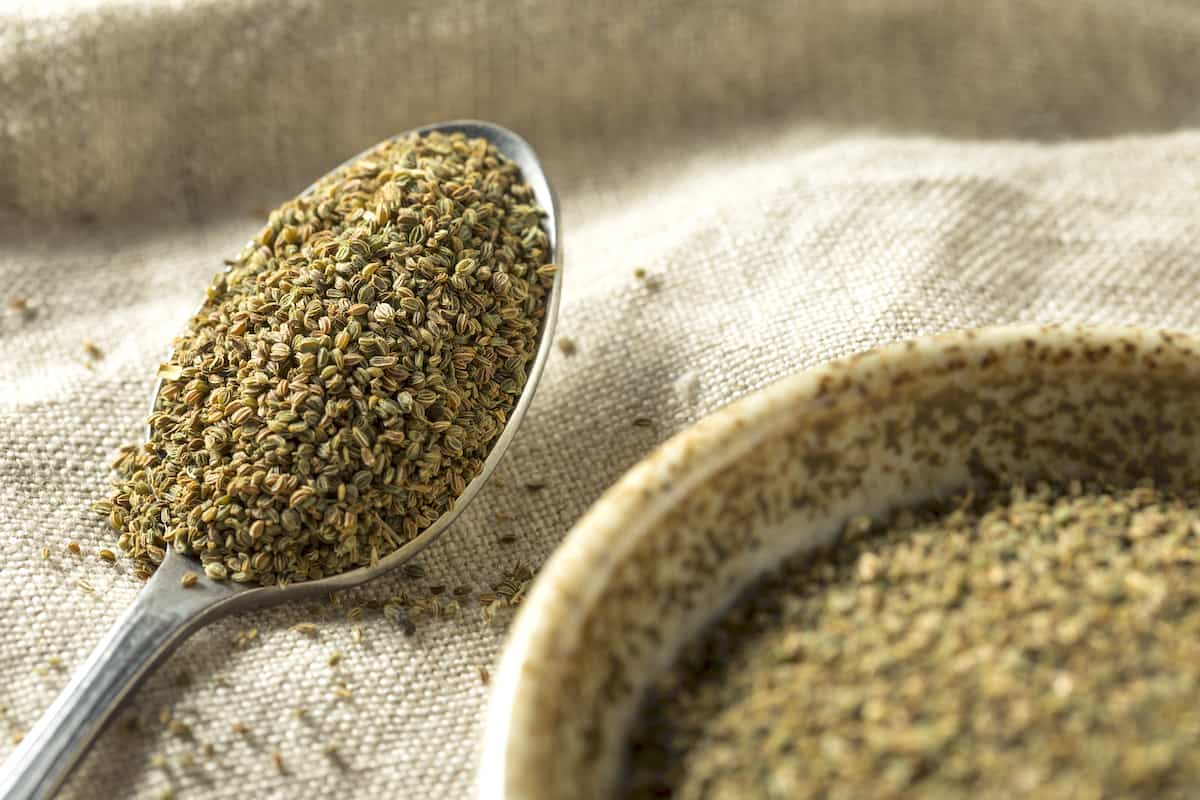
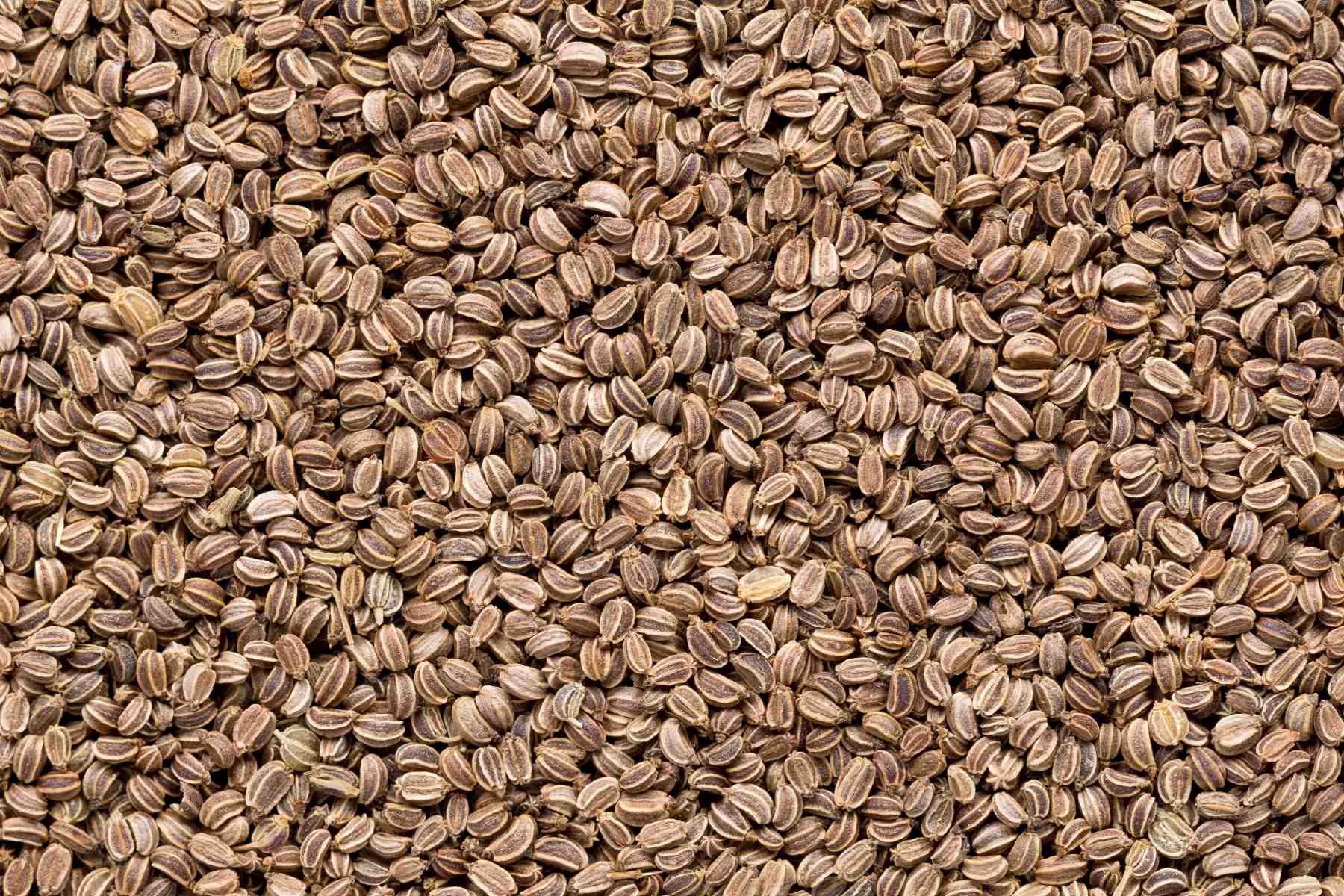
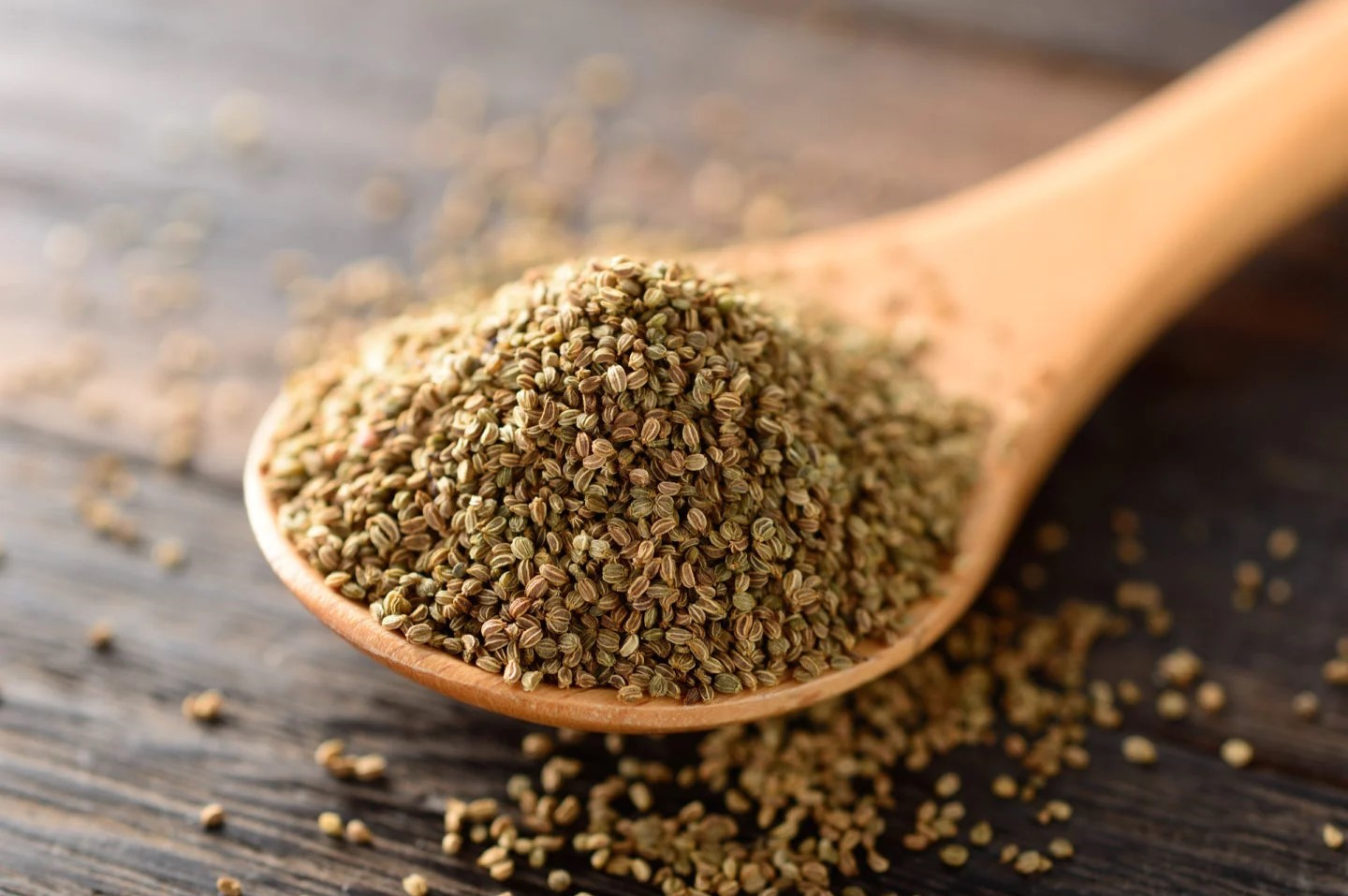
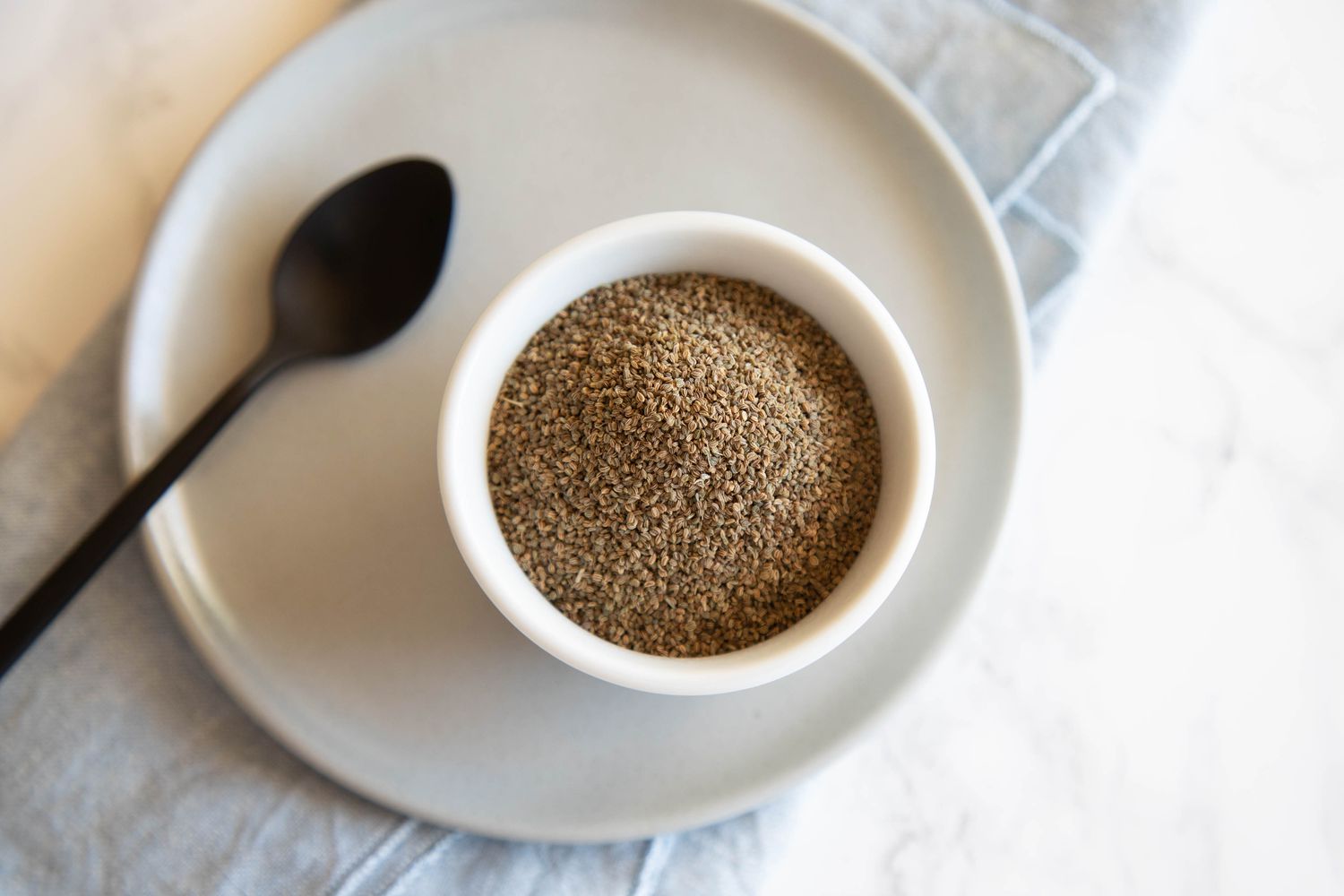
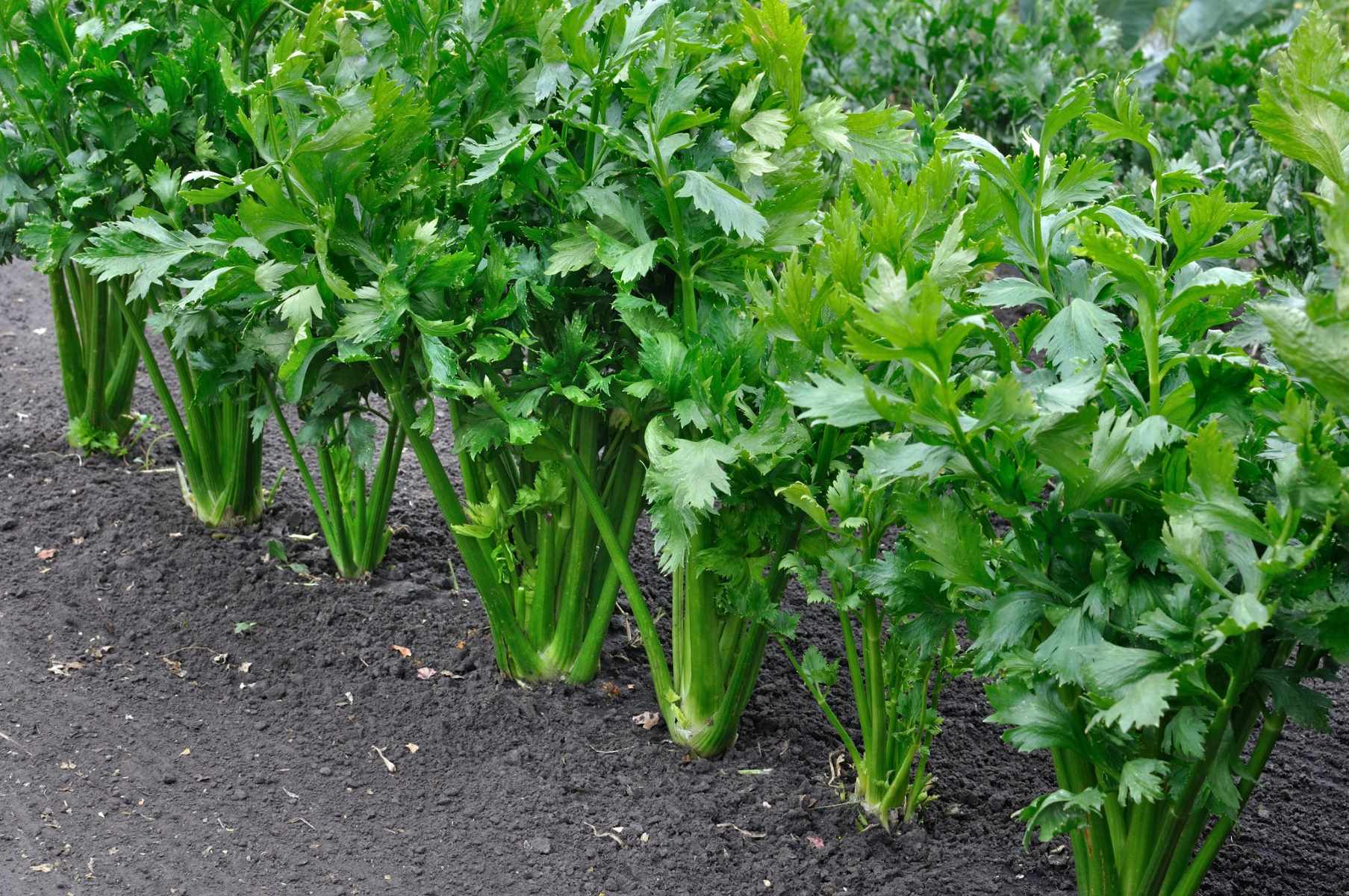
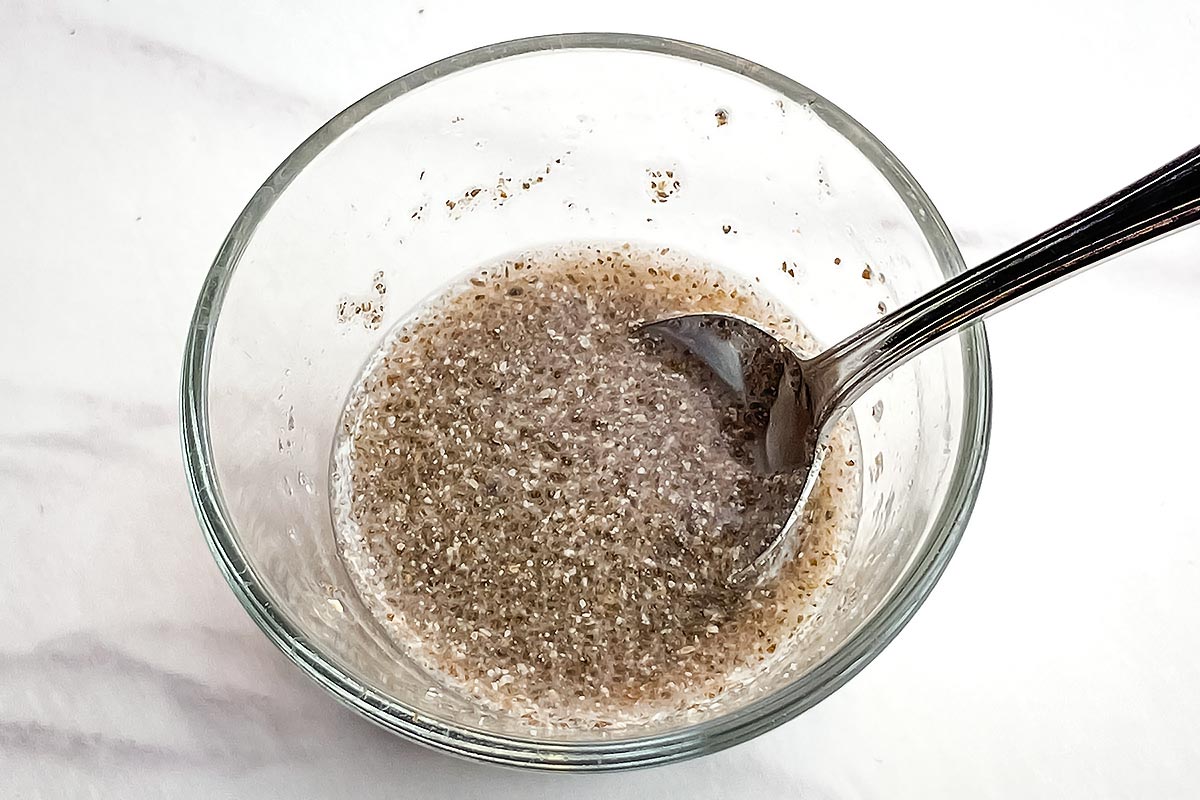

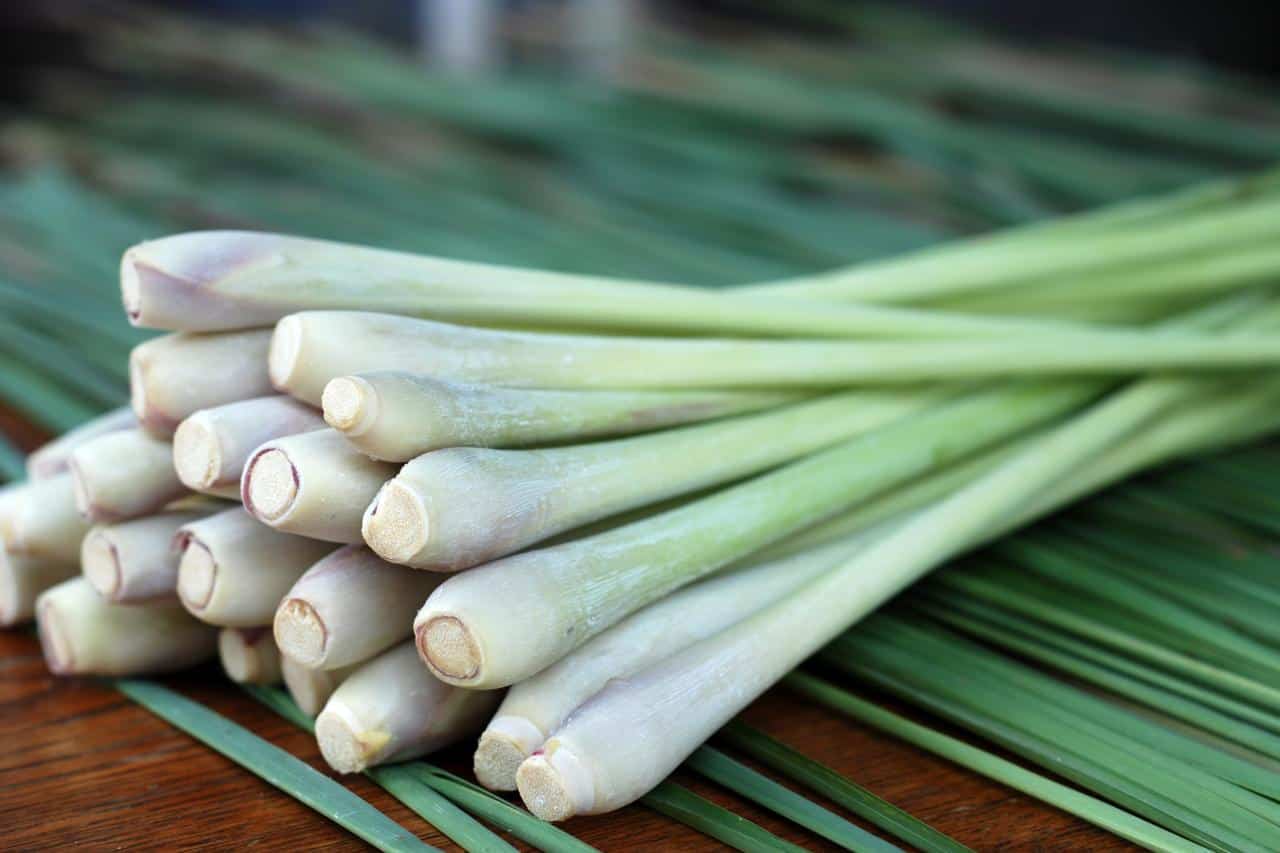
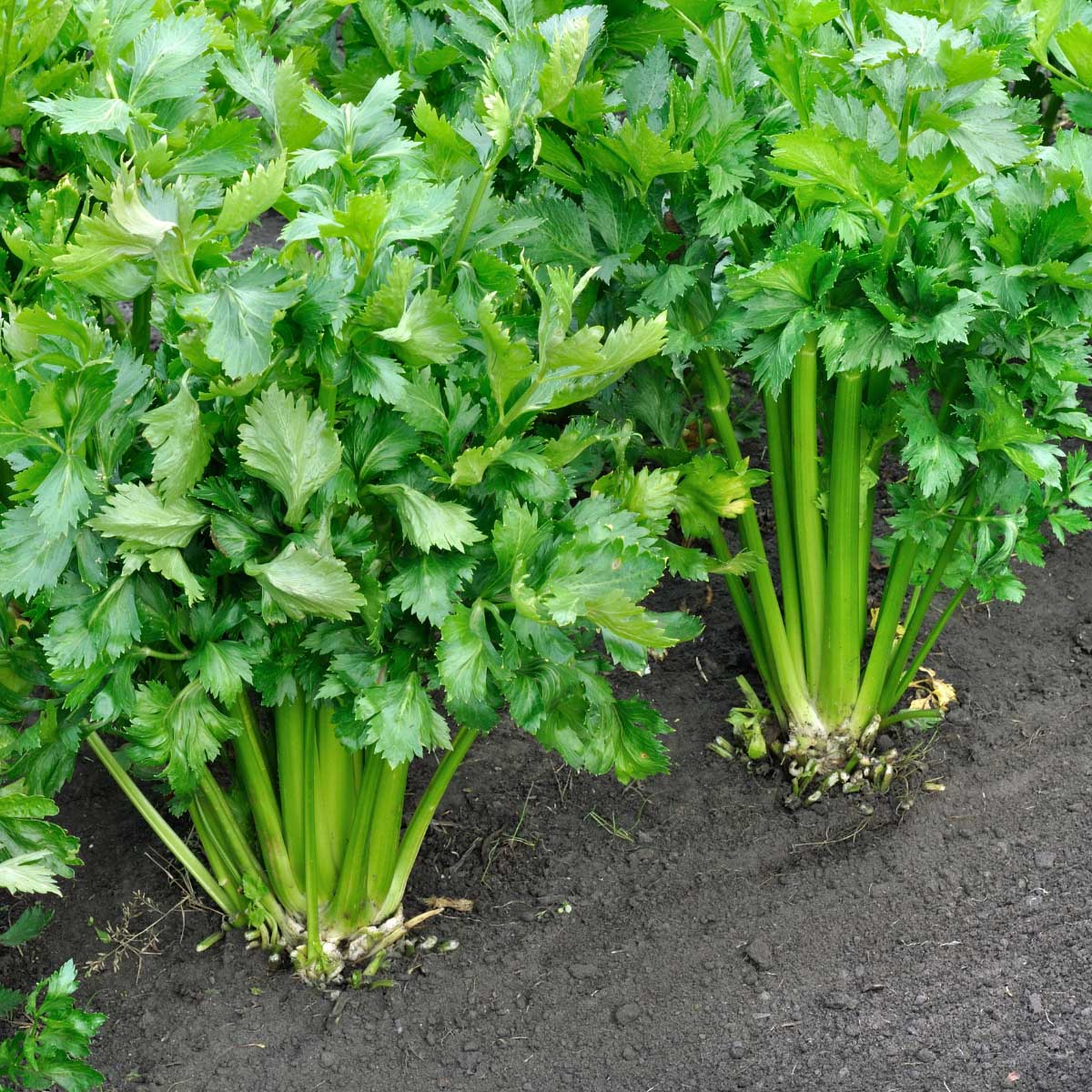
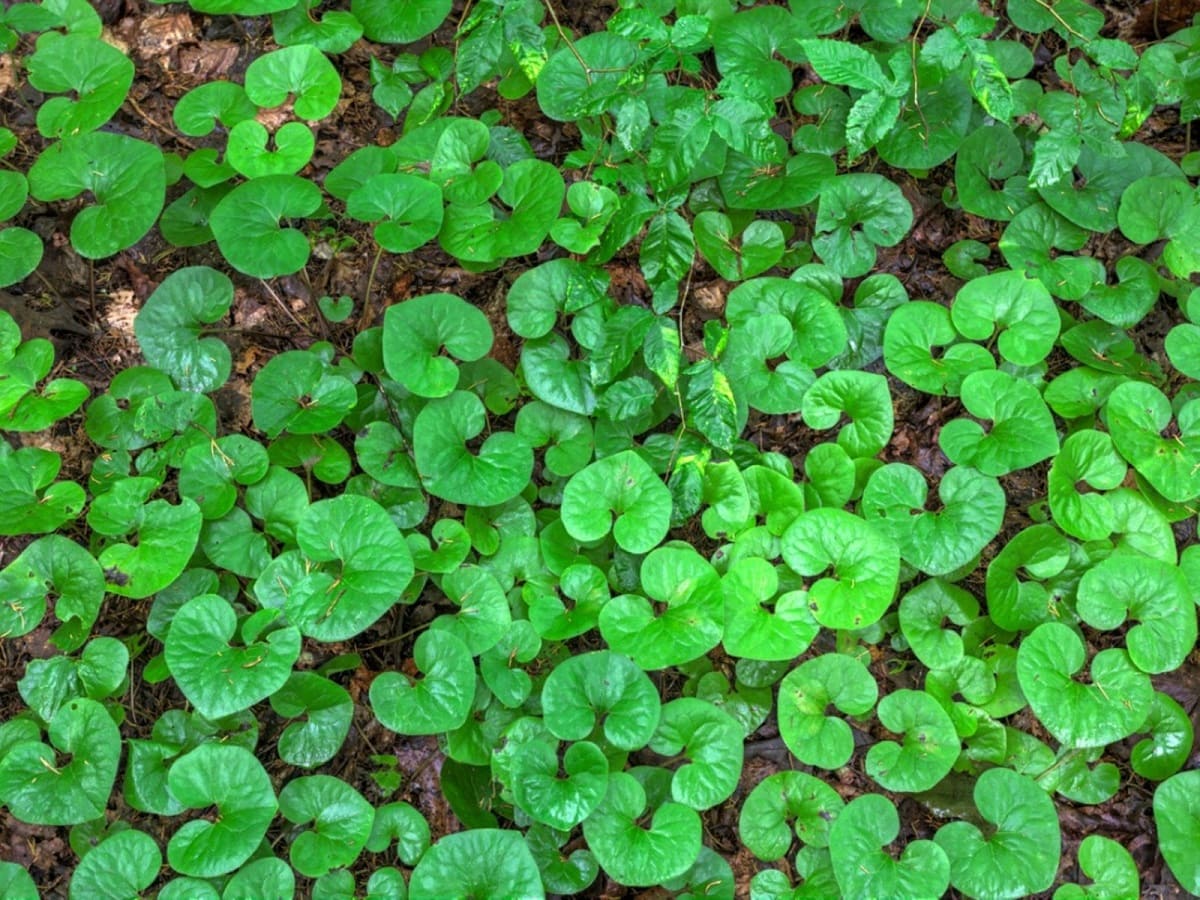
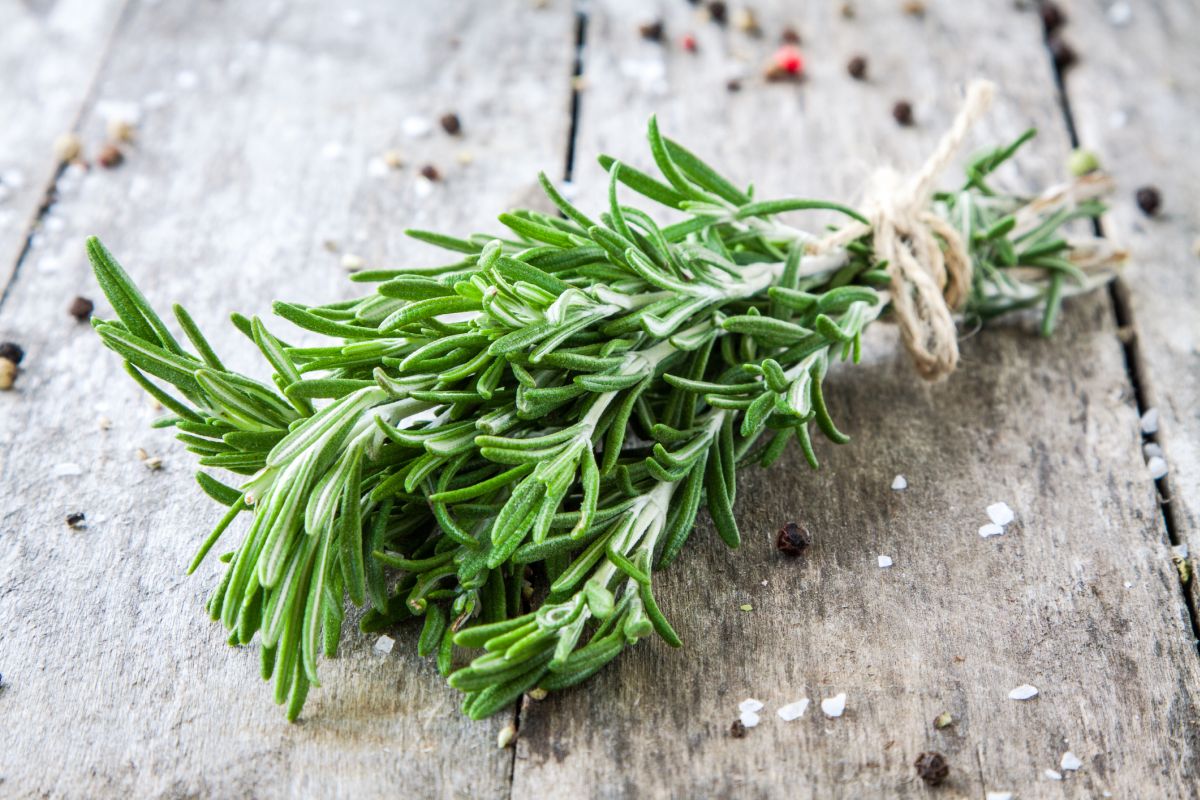
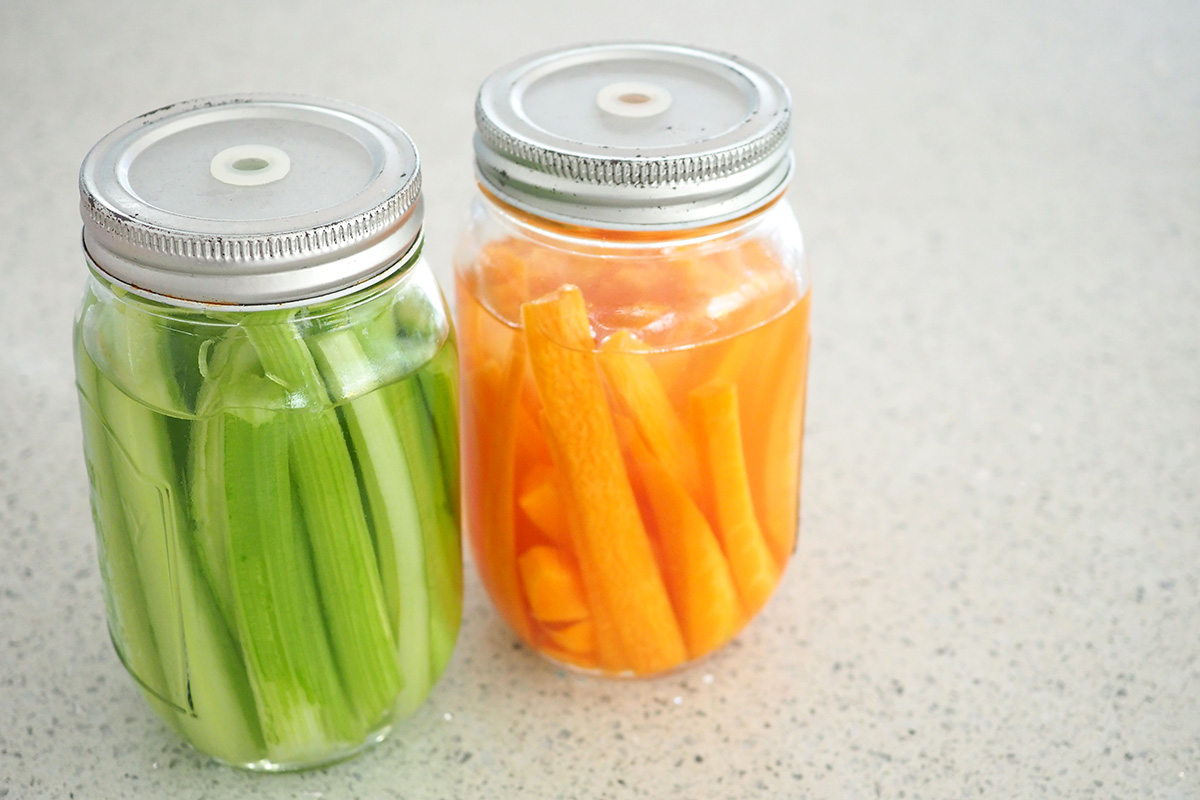

0 thoughts on “What To Substitute For Celery Seed”